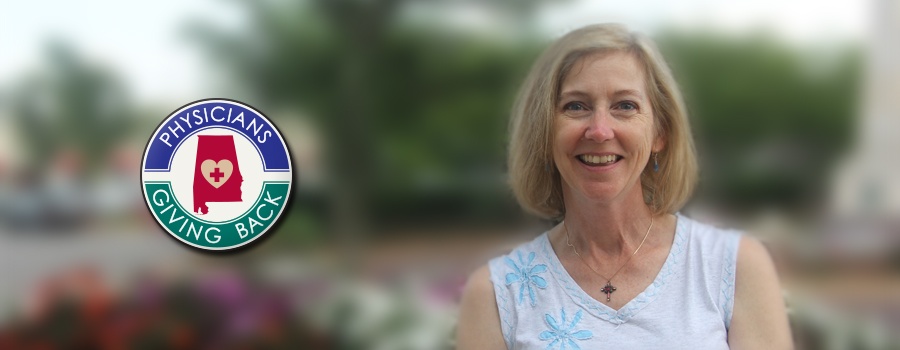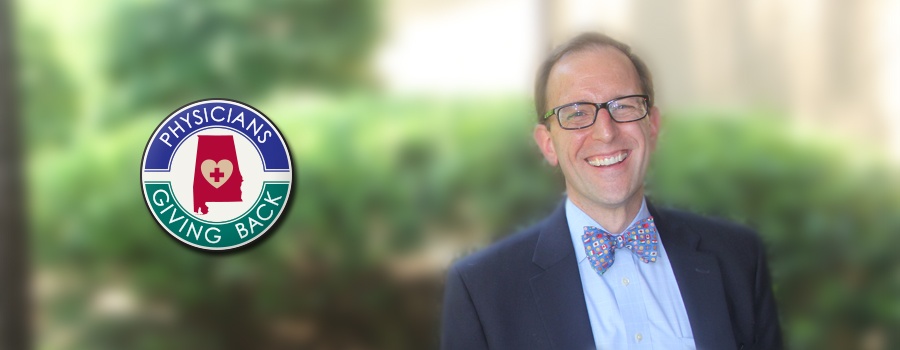Category: Physicians Giving Back
-
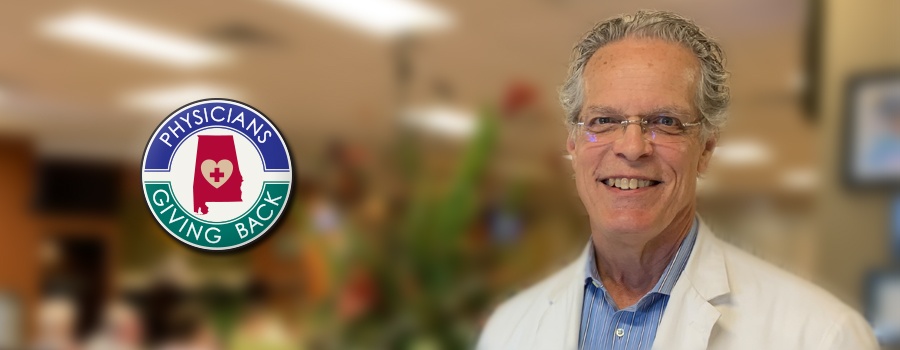
The Praying Doctor with Mark LeQuire, M.D.
MONTGOMERY – Physicians are men and women of science. They practice the art of medicine, which means they are filled with the knowledge of biochemistry, anatomy, physiology and other sciences they apply to heal their patients’ bodies. But a patient is much more than a physical being, and so is a physician. Just ask Montgomery…
-
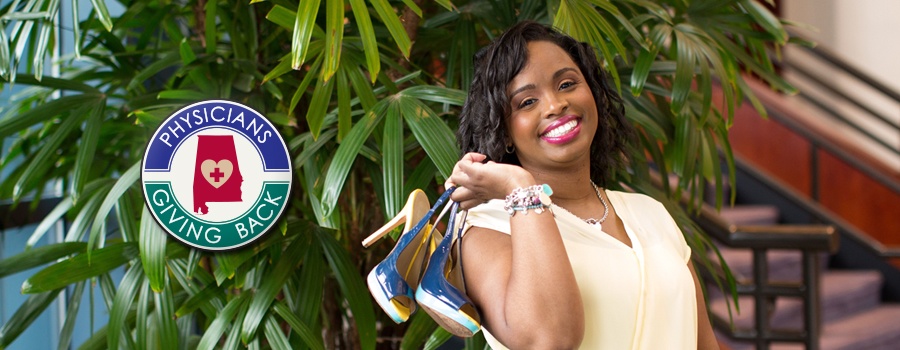
How to Have it All with Kre Johnson, D.O.
TRUSSVILLE – Dr. Kre Johnson knows what it’s like to be stretched so thin at work and at home to the point at which more than a few things begin to fall through the cracks. It’s something most of us can relate to. Not having enough time to devote to family, friends and clearing the…
-
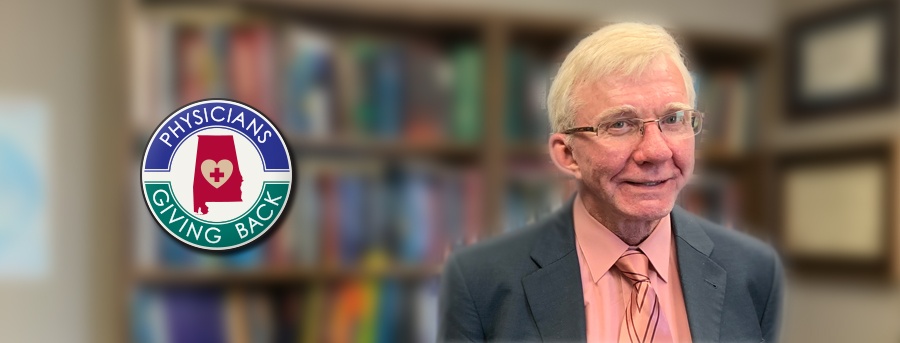
Etowah County’s Physicians Who Care with Seth Spotnitz, M.D., and Matt Lovato, M.D.
DECATUR ─ Part of the job of being a physician is to advocate on behalf of the patient. For the physicians in Etowah County who comprise the nonprofit organization known as Physicians Who Care, this isn’t just part of their job…it’s their mission. Physicians Who Care of Northeast Alabama was founded in 1988 as a…
-
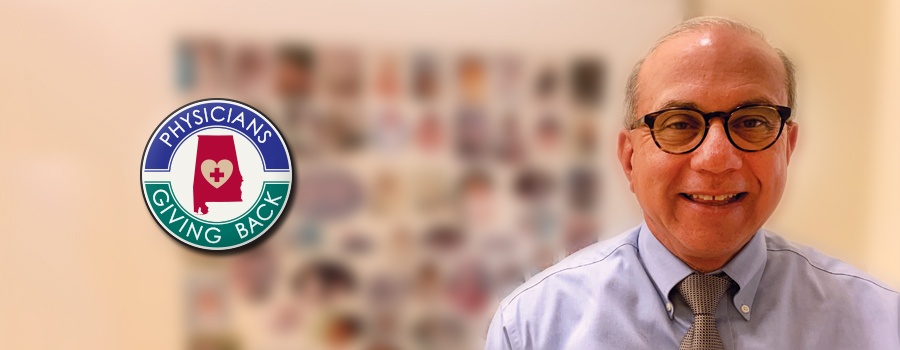
It’s Not Just About the Medicine with George Koulianos, M.D.
MOBILE – The main hallway of The Center for Reproductive Medicine in Mobile is lined with photos of smiling babies. The large collages are softly lit by recessed lighting in the ceiling above each frame, and as you walk down the hallway, it’s impossible not to smile at what the physicians and staff affectionately refer…
-
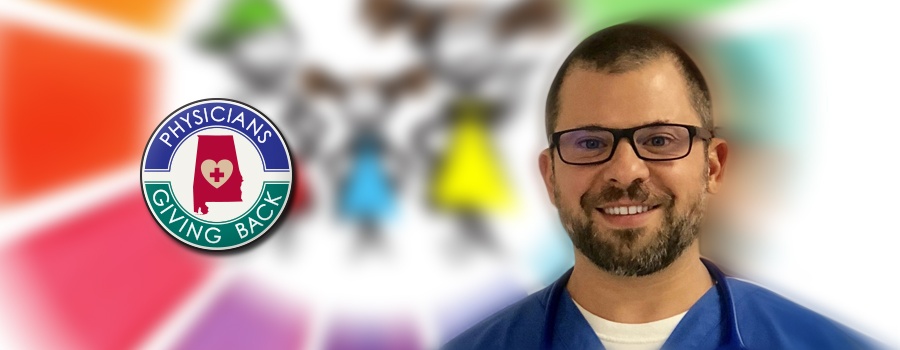
Following Your Passion with Peter Strogov, M.D.
FORT PAYNE – It’s not uncommon for physicians to have an unusual path to medicine. Like many professionals, not all physicians start out wanting a career in medicine but someone – or something – along the way changed their minds. That’s what happened to Fort Payne pediatrician Peter Strogov. It happened on the one day…
-
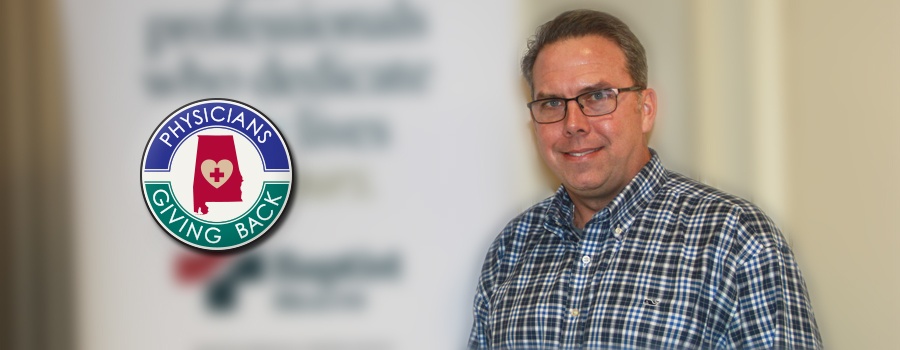
-
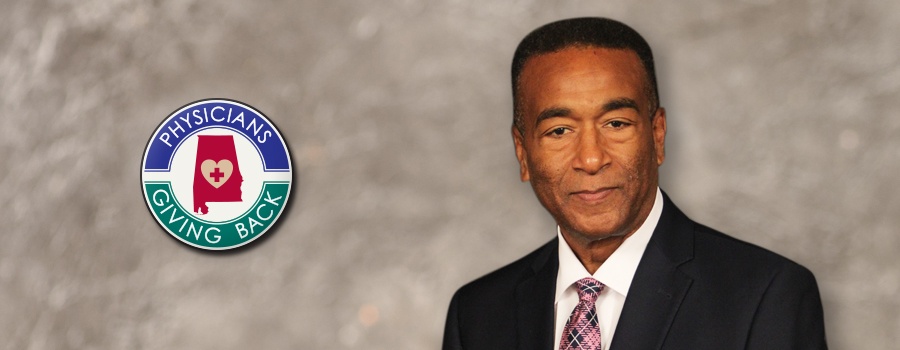
What Challenges You With Jefferson Underwood III, M.D.
MONTGOMERY — Montgomery physician Jefferson Underwood III may not move as quickly or as easily as he did a year ago, but his wit is as sharp as a tack. Just as it always has been. “ALS is a funky disease. Every day something new comes up, a new challenge. I am challenged, but why…
-
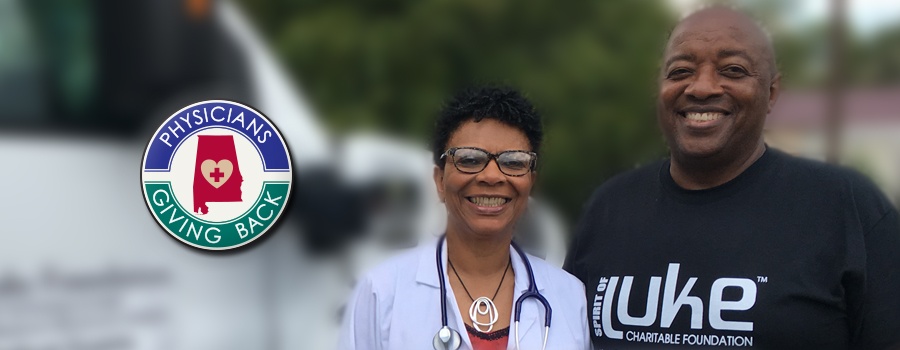
A Promise to Help with Sandra Mathews Ford, M.D.
BIRMINGHAM – When Sandra Ford was just 8 years old, her father took her to the doctor. Back then, Alabama was under segregationist laws, so it wasn’t anything out of the ordinary for young Sandra and her father to wait on one side of the doctor’s office from the time they walked in around 4…
-
